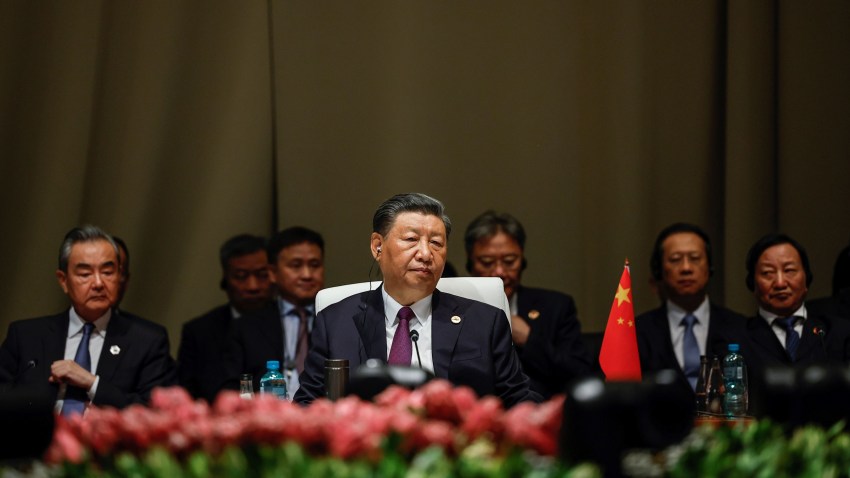After a year of important gatherings for the Chinese Communist Party, starting with the 20th Party Congress in October 2022 that named Xi Jinping to an unprecedented third term as general secretary, 2023 ended not with a bang, but with a whimper: The Third Plenary Session of the 20th Central Committee didn’t take place, as was widely expected to happen during the fall.
These “third plenums” are normally used to announce important economic and political reforms. Most famously, the third plenum of the 11th Central Committee launched China’s “Reform and Opening” in 1978 under Deng Xiaoping. The third plenum of the 16th Central Committee marked Hu Jintao’s attempts to pay greater attention to redistribution and intraparty democracy. Xi marked his own ascendancy to power in 2013 with a third plenum agenda that promised institutional reforms and rule of law.
With many of Xi’s early goals still unfulfilled, and China still struggling to find new engines of growth, observers placed great importance on the next plenum. For Xi, it would have been a chance to signal where China’s economy is heading as it manages multiple major transitions: a transition out of three years of Zero Covid; a transition from over-reliance on the property sector as the driver of economic growth; a transition from reliance on labor-intensive industrialization to capital-intensive manufacturing and productive services; and a transition through difficult demographic changes that will ultimately leave China’s population older and smaller.

